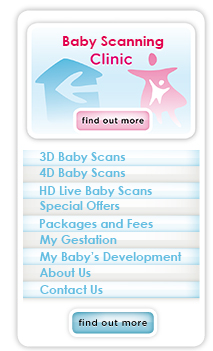Renal Ultrasound Scan
What conditions can be detected with a Renal ultrasound scan?
Abdominal pain is the most common indication for a renal ultrasound scan. However, your doctor may also refer you because you are suffering from other symptoms or he maybe concerned about his examination findings or blood and urine tests.
Amongst other conditions, a renal ultrasound scan can detect kidney stones, cysts, tumours, congenital abnormalities of the renal tract (these are abnormalities that have been present from birth), problems of the prostate, effects of infection and trauma of the kidneys and renal tract.
Ultrasound maybe one of many investigations you require and you should consult your doctor to ensure that any other necessary investigations are arranged.
How long is the appointment?
20 minutes is required to complete the examination.
How much does it cost?
The cost of this scan is £95.
You can combine any other package with this package for an additional charge of £60 per package.
Please note that this may not be possible for certain packages eg musculo-skeletal as this is a very specialised area and only Sonographers with a specialist interest in this area will be able to perform this examination.
How should I prepare for the scan?
You will be asked to attend with a full bladder, we therefore advise you to drink 2 pints of water prior to your appointment.
What will I experience during the examination?
The examination will be carried out by a qualified Sonographer. The procedure is non-invasive and painless. The Sonographer will move a transducer lubricated with warm gel over your abdomen to obtain necessary images.
The bladder volume may need to be assessed before and after passing urine so we may ask you to visit the toilet to pass urine during your appointment..
You are welcome to ask questions during your examination.
When do I get the results?
We will send a signed report of our findings to your doctor. You should then arrange an appointment with your GP who will explain our findings to you.
We feel that your doctor is best placed to explain the findings to you because he will have details of blood tests and other investigations that may have been carried out.


